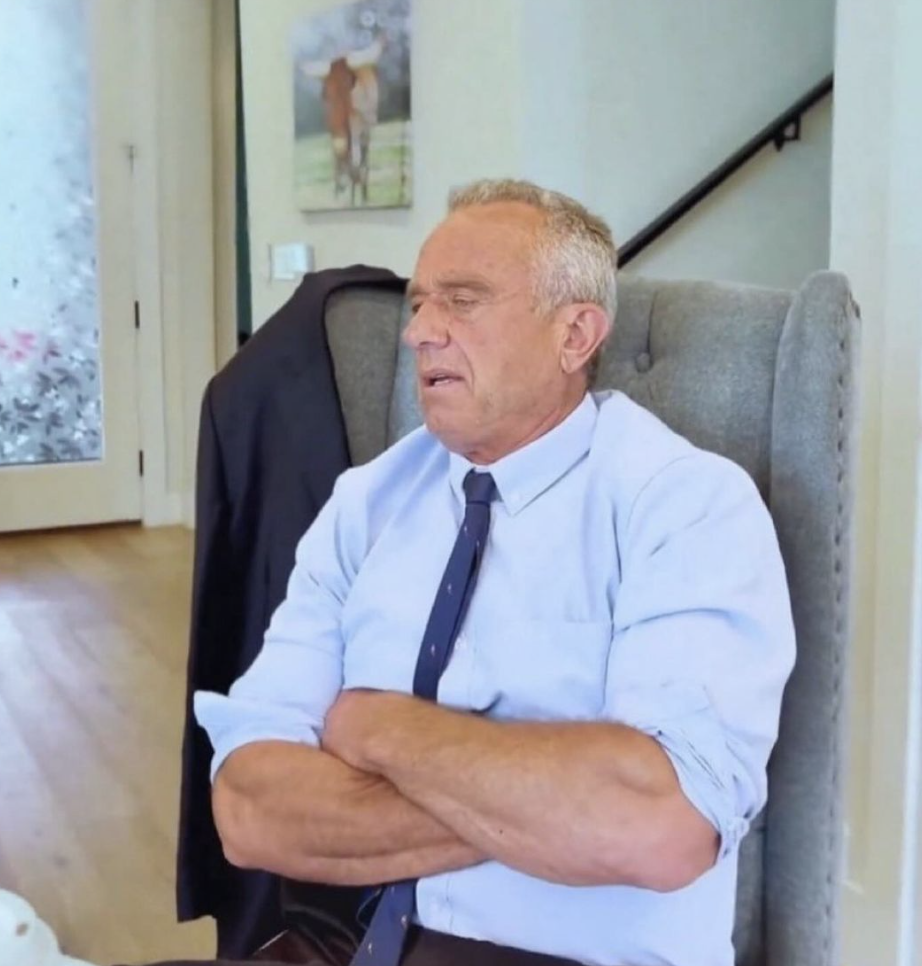Do not support making polio great again

In an ocean of sanewashing, it’s nice to see an island of honesty:
But the secretary of health and human services has the authority to discourage vaccination in less direct ways. He or she could withdraw federal funds for childhood vaccination programs, hasten the end of school mandates in states already disinclined toward vaccines or fuel doubts about the shots, exacerbating a decline in immunization rates.
If polio vaccination rates were to fall, scientists say, the virus could slip into pockets of the country where significant numbers of people are unvaccinated, wreaking havoc once more. The virus may be nearly eradicated in its original form, but resurgence remains a constant threat.
Any decision the Trump administration makes regarding the polio vaccine is likely to ripple across the globe, said Dr. David Heymann, an infectious disease physician at the London School of Hygiene and Tropical Medicine and former leader of polio eradication at the World Health Organization.
“If the U.S. takes away the license, then many other countries will do the same thing,” he said. To have polio resurge when it is so close to eradication “would be very, very, very, very sad.”
Before 1955, when the vaccine was introduced, polio disabled more than 15,000 Americans each year and hundreds of thousands more worldwide. In 1952 alone, it killed 3,000 Americans after paralysis left them unable to breathe.
Many of those who survived still live with the consequences.
“People really underestimate how horrific polio was,” said Dr. Karen Kowalske, a physician and polio specialist at University of Texas Southwestern Medical Center in Dallas.
Many who recovered now suffer “post-polio syndrome”: Some of the original symptoms, including muscle weakness and respiratory problems, return.
Dr. Kowalske tends to about 100 post-polio patients who need braces, wheelchairs or other devices to cope with progressive weakness. Some are older adults who became infected before the vaccine was available; others are middle-aged immigrants from countries where polio remained a problem for much longer than in the United States.
To some survivors, the idea of polio’s return is unfathomable.
Carol Paulk contracted the disease in 1943, when she was just 3. Her right leg never recovered, and for the rest of her life she has walked with a pronounced limp and has been in near-constant pain.
The fact that some people who should know better are being RFK Jr. curious because they find conspiracy theories amusing or project content into is vacuous anti-establishment rhetoric is frankly appalling. This should be one of the easiest no votes any Democratic senator has to cast over the next four years.
